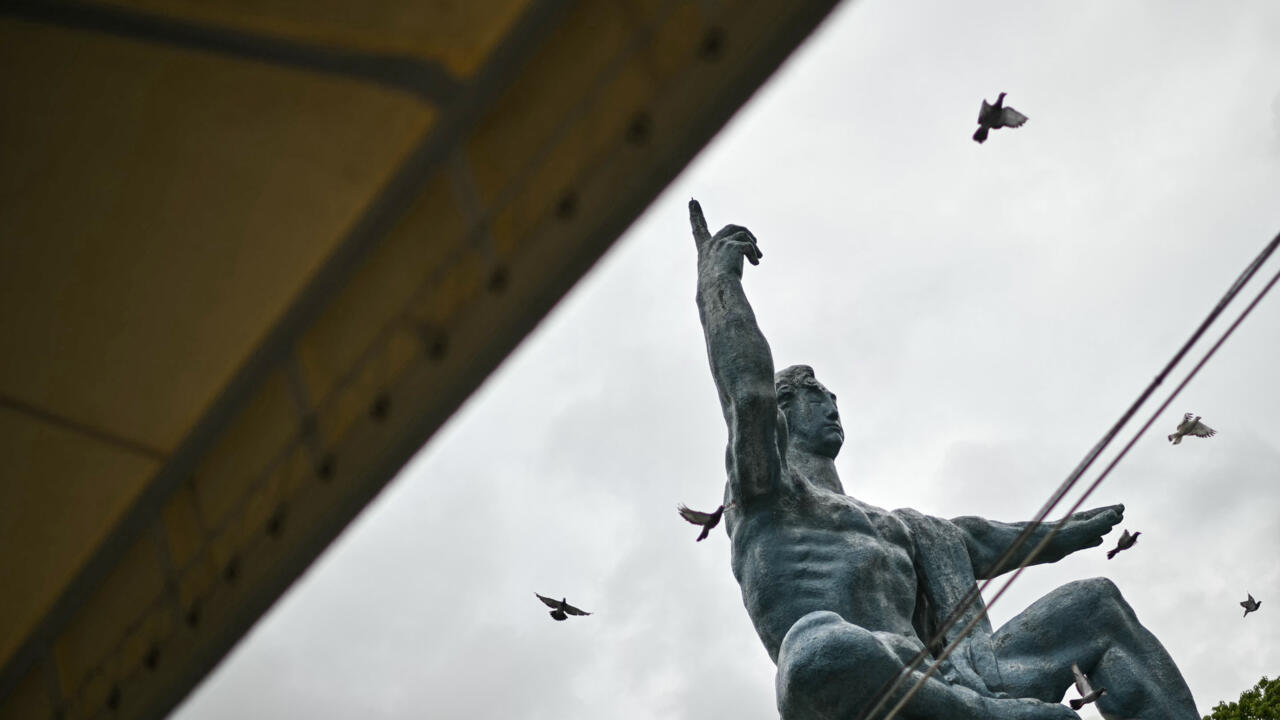Twin cathedral bells rang in unison Saturday in Japan's Nagasaki for the first time since the atomic bombing of the city 80 years ago, commemorating the moment the atrocity took place.
On August 9, 1945, at 11:02 am, three days after a nuclear attack on Hiroshima, the United States dropped an atomic bomb on Nagasaki.
After heavy downpours Saturday morning, the rain stopped shortly before a moment of silence and ceremony in which Nagasaki mayor Shiro Suzuki urged the world to "stop armed conflicts immediately".
"Eighty years have passed, and who could have imagined that the world would become like this?
"A crisis that could threaten the survival of humanity, such as a nuclear war, is looming over each and every one of us living on this planet."
About 74,000 people were killed in the southwestern port city, on top of the 140,000 killed in Hiroshima.
Days later, on August 15, 1945, Japan surrendered, marking the end of World War II.
Historians have debated whether the bombings ultimately saved lives by bringing an end to the conflict and averting a ground invasion.
But those calculations meant little to survivors, many of whom battled decades of physical and psychological trauma, as well as the stigma that often came with being a hibakusha.
Ninety-three-year-old survivor Hiroshi Nishioka, who was just three kilometres (1.8 miles) from the spot where the bomb exploded, told ceremony attendees of the horror he witnessed as a young teenager.
"Even the lucky ones (who were not severely injured) gradually began to bleed from their gums and lose their hair, and one after another they died," he recalled.
"Even though the war was over, the atomic bomb brought invisible terror."
Nagasaki resident Atsuko Higuchi told AFP it "made her happy" that everyone would remember the city's victims.
"Instead of thinking that these events belong to the past, we must remember that these are real events that took place," the 50-year-old said.
On Saturday, the two bells of Nagasaki's Immaculate Conception Cathedral rang together for the first time since 1945.
The imposing red-brick cathedral, with its twin bell towers atop a hill, was rebuilt in 1959 after it was almost completely destroyed in the monstrous explosion just a few hundred meters away.
Only one of its two bells was recovered from the rubble, leaving the northern tower silent.
